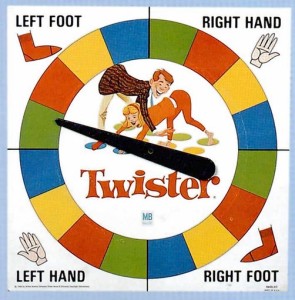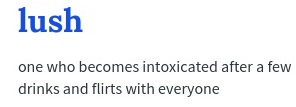[…in which we begin what hopefully will become a regular series of vignettes serving to illustrate why we do what we do. This 1st vignette is courtesy of the illustrious Velva Hampson, Senior Librarian, CSATF/SP Corcoran].
A ‘WHY’ FOR THE DAY
“I’m doing inmate book clubs, and they are a lot of work. Here’s one insight from level 2 GP that makes it all worth the effort.
When discussing Jeannette Walls’ father’s strengths and weaknesses as described in The Glass Castle, one inmate said: “He was there. Every time I talk to my kids on the phone, my son says: ‘You being here is more important than anything you thought you needed to do that got you incarcerated.’”
For the record, the fathers in the group were the ones who couldn’t be judgmental about the parents in that book, because they kept having to compare that to their example of being incarcerated for a large part of their children’s lives.”
*
Which puts me in mind of part of a much earlier post on Bill Cosby’s book Come On, People! On the Path From Victims to Victors:
“As long as fathers keep going to jail, kids will turn to the streets,” Abdul concludes. “Why? Because the father’s not there to watch TV with his kids, the father’s not there to listen to rap music with his kids, the father’s not there to teach the kids why the ‘N-word’ is degrading and hateful and hurtful. Kids miss that male guidance. Nothing can replace that.”
And a Child Shall Lead Them
Now Miguel sits up and raises his hand. All of 23 years old, Miguel grew up in Boston’s south end knowing poverty, racism, crime, a one-parent family, and street life. Since coming to prison, Miguel has turned himself around, parlaying his thug existence for a Boston University degree. But right now, Abdul has lit a fire under him and he cannot sit still.
“I’ve been listening to people here, especially the OG’s, and I gotta say something to them. Here you sit, your second and third prison terms, a lot of you. Exactly who is raising your children? You talk about how important it is to be there for them, but you’re talking about it while you sit in jail.”
Gregg says, “Hold up, young brother. You don’t know all the facts. Don’t go judging what you don’t know.”
Miguel continues. “You’re here, not there– right or wrong?”
“That’s not the whole story,” Gregg shouts back.
“Right or wrong?”
Gregg sighs and turns his head.
“Kids need that male guidance, “Miguel continues. “They need limits, discipline. They need you at their bedside for that hug and good-night kiss, they need you for answers when life gets too hard, they need you to keep them from running to the streets. They don’t need your jailhouse letters, or copies of your program certificates, or promises over the phone. They need a father, and they need him there, not here. I never knew my father. I know what I’m talking about. I ran to the street because there was no man in my way to say ‘No.’ Now ‘cause my father wasn’t there, here I am sittin’ in jail with you.”
“You were the one who chose the street over your mother and family,” Gregg says. “Nobody shoved you out the door; you went willingly. Shoulder some of that blame, little man. You didn’t suddenly just wake up in a cell not knowing how you got here. You chose this.”
“Definitely. All my friends were doin’ it, so I wanted it, too. But if Pops had been around, maybe I wouldn’t have followed the crowd so easily. You only know what you see. When everyone’s doing it, how can you know it’s wrong?”
Come On, Convicts: On the Cosby Path From Prisoners to Citizens





















